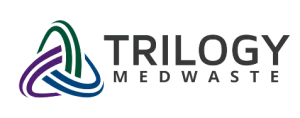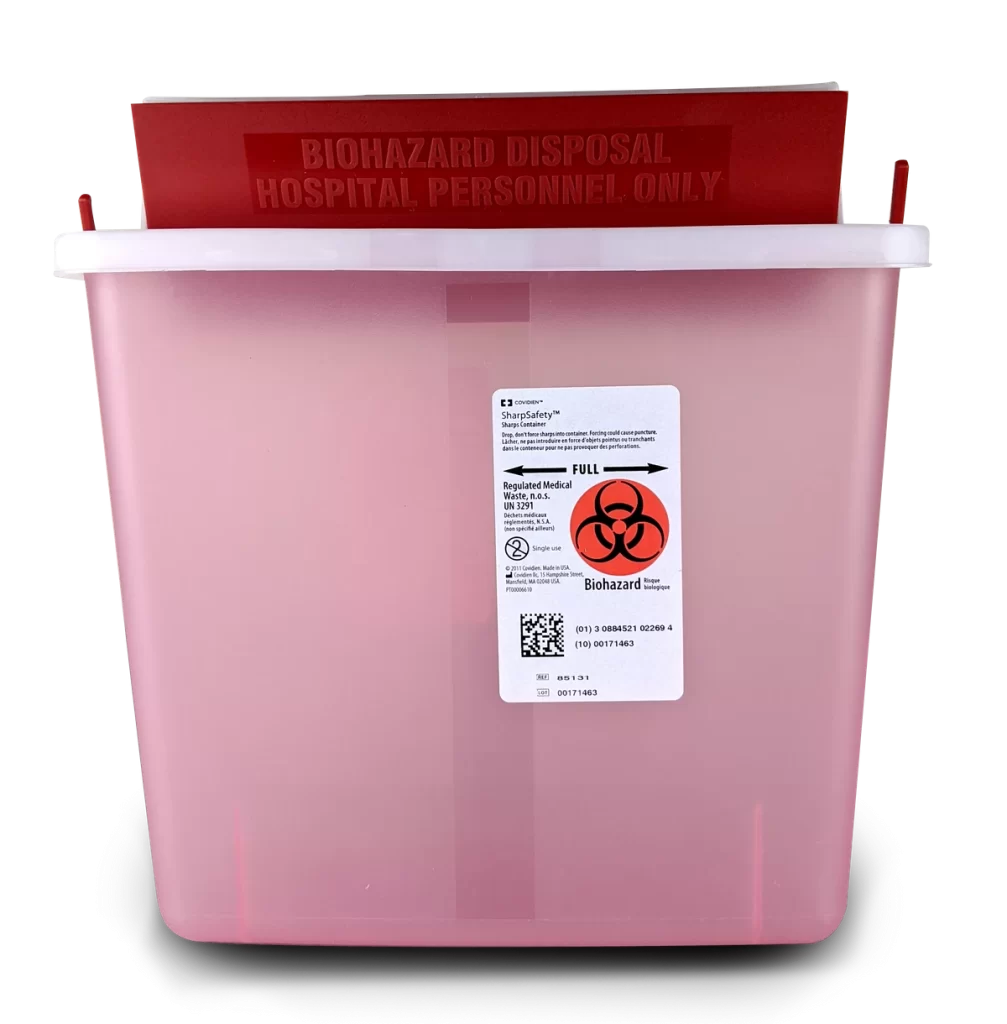Due to Hurricane Milton, service schedules in and around the metro areas of Tampa, Ft. Myers, and Orlando may be adjusted or suspended until local authorities declare it safe to resume operations. For assistance, please contact Customer Service at 888.610.4835.
Due to Hurricane Milton, service schedules in and around the metro areas of Tampa, Ft. Myers, and Orlando may be adjusted or suspended until local authorities declare it safe to resume operations. For assistance, please contact Customer Service at 888.610.4835.



